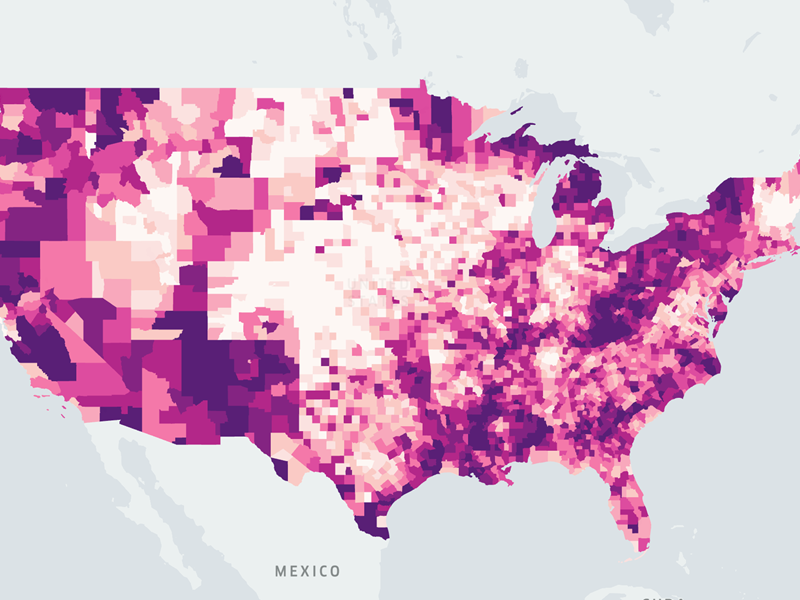A stable home is central to the American promise of opportunity. The ability to live in a home we can afford, under fair terms, and without the threat of homelessness is vital to every person’s ability to establish roots and feel that they are a valued member of society.
News & Resources
In the Spotlight

ABLE Appoints New Executive Director Makiedah Messam
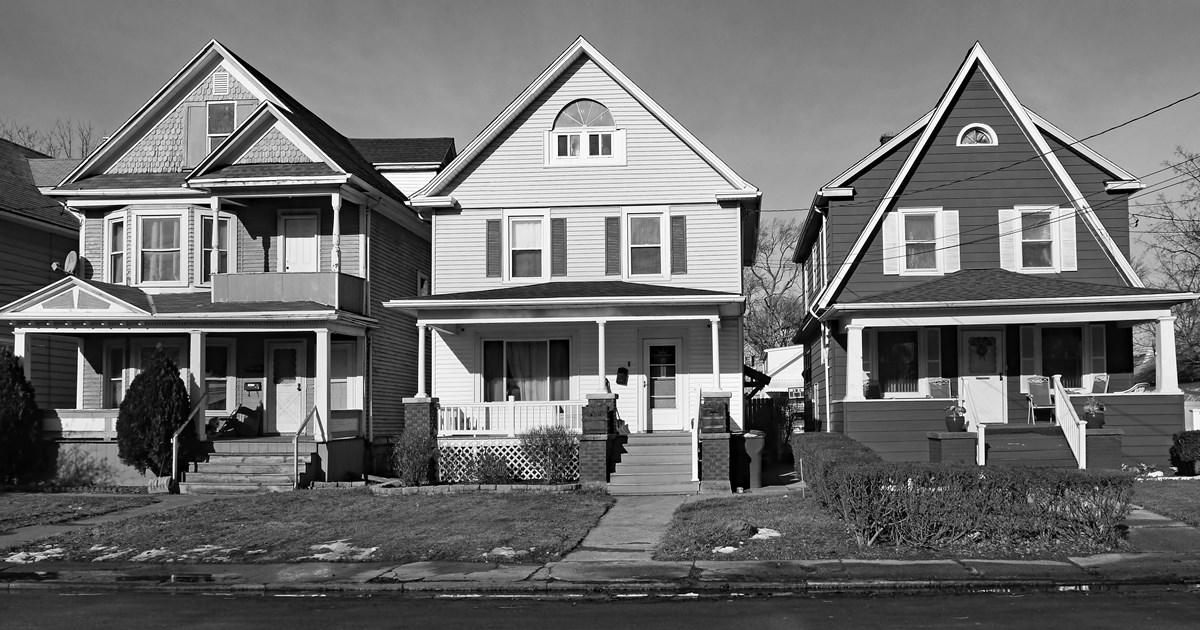
ABLE’s Eviction Prevention Work Continues with Extension of HUD Grant
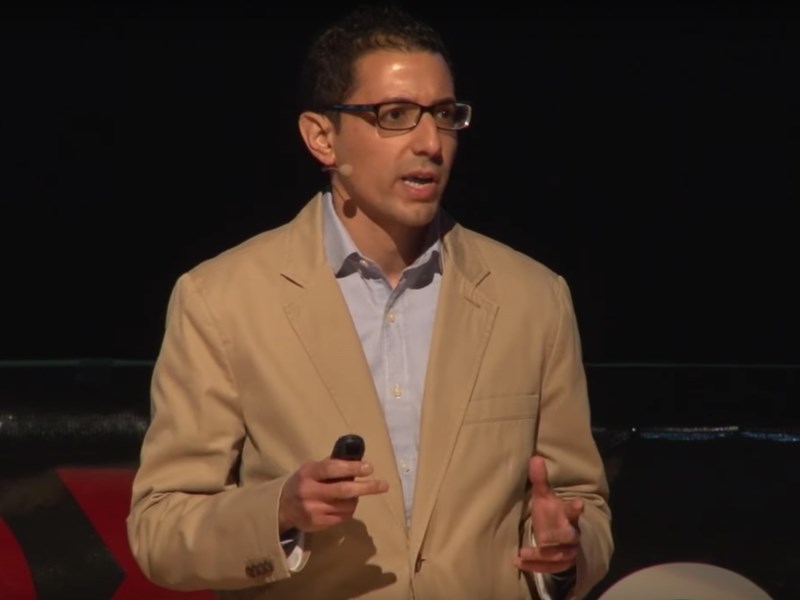
TEDx: ABLE’s Eugenio Mollo leads us to examine immigration law in the U.S. and our own immigration stories in “I’m not supposed to be here.”
TEDx: ABLE’s Eugenio Mollo leads us to examine immigration law in the U.S. and our own immigration stories in “I’m not supposed to be here.”
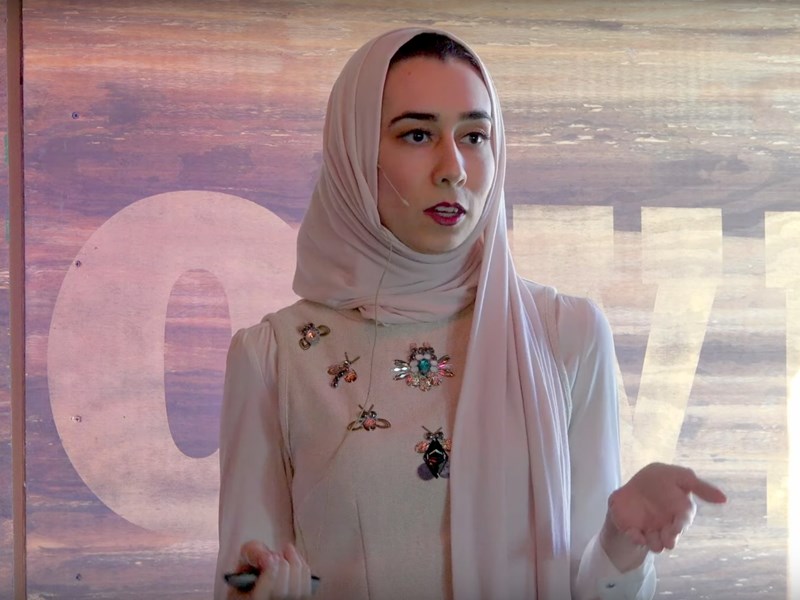
TEDx: Reem Subei on Othering & Fostering Belonging In Our Society
TEDx: Reem Subei on Othering & Fostering Belonging In Our Society
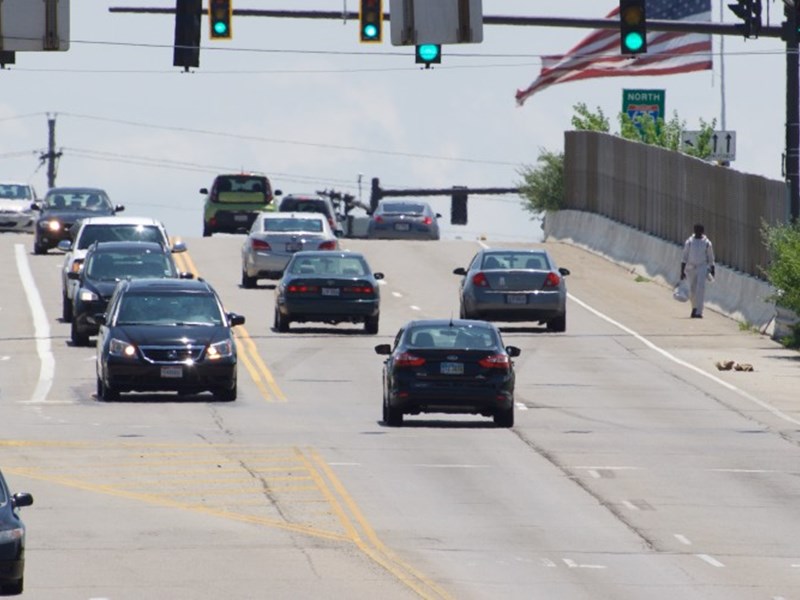
Transportation Equity through Innovative Legal Theory and Organized Community-Led Effort
People living in central cities who need and want to work often do not have transportation to jobs, unless they can take public transportation.

What is elder abuse?
Elder abuse is a crime. Abuse of an older adult can happen in nursing homes, assisted living facilities, adult group homes, and other long-term care facilities. Abuse from a caregiver can also occur in private homes.

Here's what it’s like to be a volunteer, Long-Term Care Ombudsman Program
Here's what it’s like to be a volunteer with our Long-Term Care Ombudsman Program. Watch the video to get a small sample of what it’s like to be a volunteer with our program.
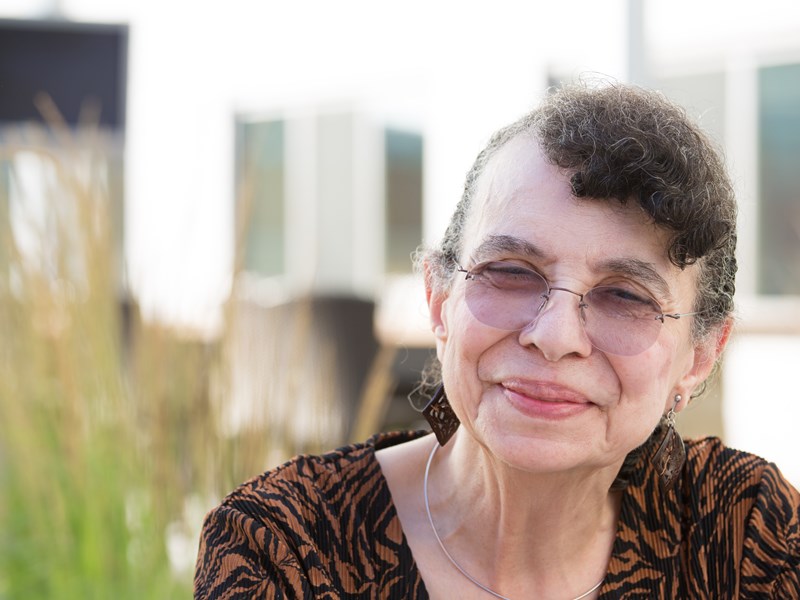
Fighting with Janice in a battle against abuse and financial exploitation
Janice was living at a senior facility when staff there reached out to the Long-Term Care Ombudsman Program to discuss Janice’s possible financial exploitation by her daughter. The facility was concerned that Janice’s daughter was using Janice’s money and property inappropriately and that the daughter was threatening Janice.
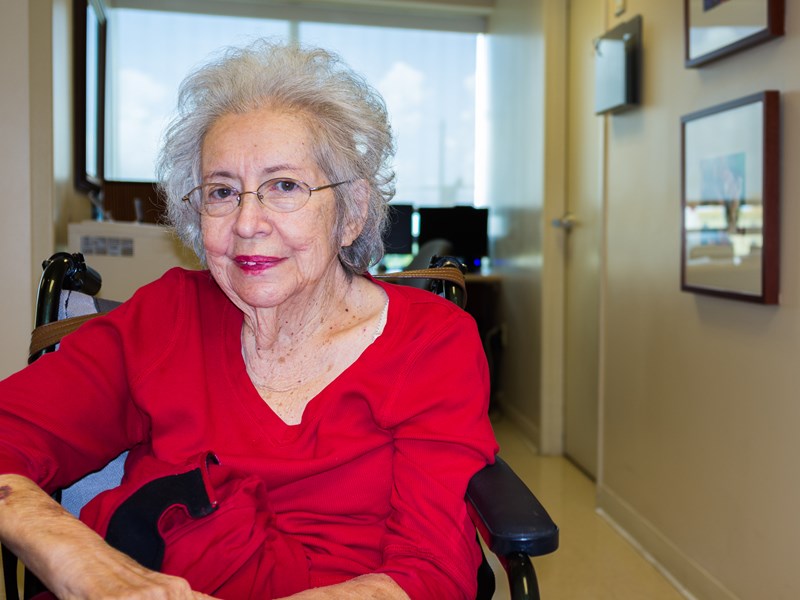
Amirah asked for help to stop sexual abuse
Adult protective services contacted the Long-Term Care Ombudsman Program with concerns that Amirah, who was a resident of a nursing home, was the victim of sexual abuse while visiting her daughter’s home outside the community.
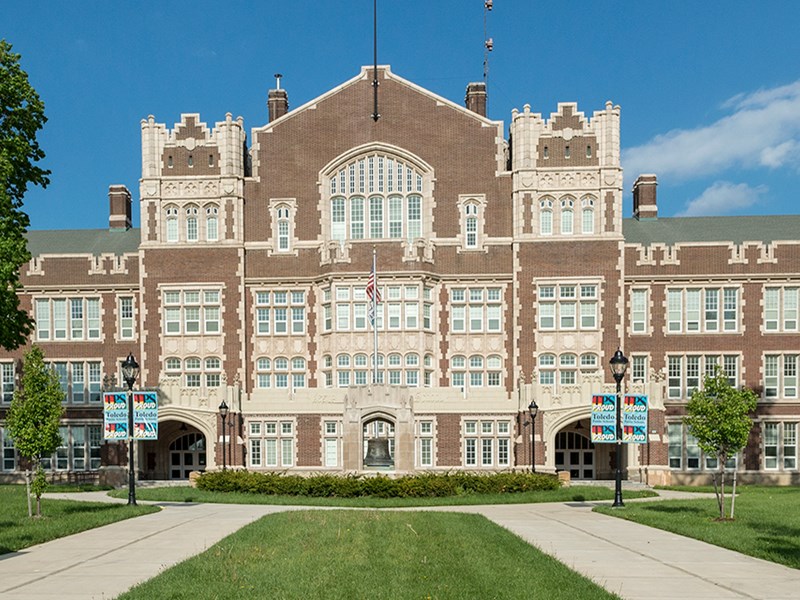
Empowering Non-English speaking parents with meaningful access to their children’s education.
Ms. Gonzalez, a refugee who does not speak English, was having difficulty communicating with teachers and staff at her daughter’s school. The school did not provide information in her native Spanish language, so she was not able to participate in her child’s educational developments. Ms. Gonzalez sought ABLE’s legal assistance so the public school would communicate with her in a language she understood as required by law.

